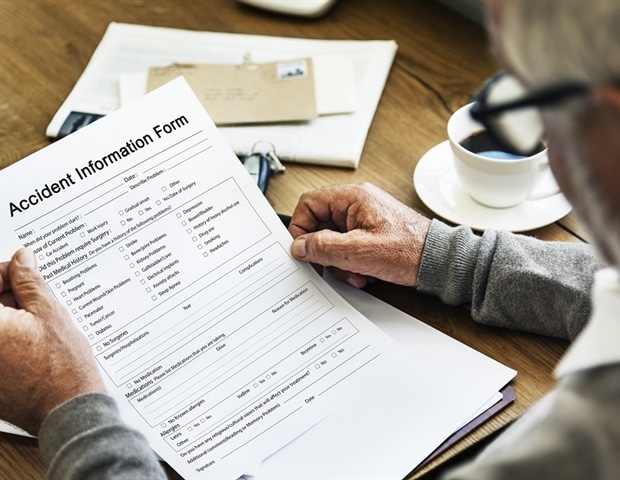Result: The specification of a fictitious added benefit upon market access of orphan drugs was not confirmed in more than half of the cases.
This has consequences for the quality of patient care.
For its current analysis, IQWiG identified 41 orphan drug assessments for which both a special orphan drug assessment and a subsequent regular benefit assessment have been conducted since 2011.
In addition, further analyses by IQWiG show that the classification of added benefit is usually only corrected after some years: For the 22 research questions without proof of added benefit, the period between the limited and the regular benefit assessment was on average a good 3 years .
IQWiG Director Jürgen Windeler notes: “Our analysis proves a misguided approach to orphan drug assessments.
This is because, according to the “Drug Compass 2021” published by the Scientific Institute of Germany’s largest statutory health insurance fund, the AOK, orphan drugs for very specific types of cancer are major cost drivers in the SHI system.
The present report was prepared in the form of a working paper within the general commission awarded to IQWiG by the G-BA in December 2004 in order to strengthen the Institute’s scientific independence.
In this interview, News-Medical talks to Dr.
